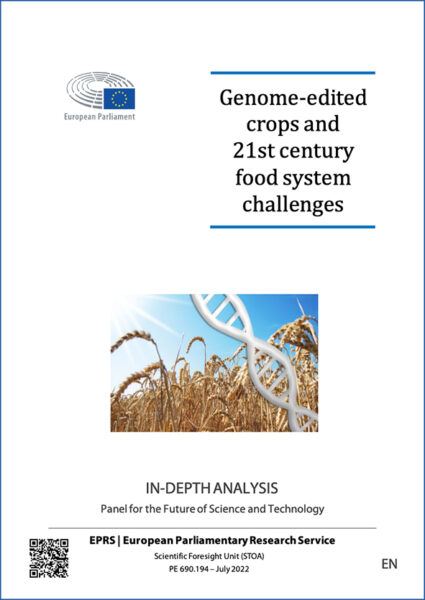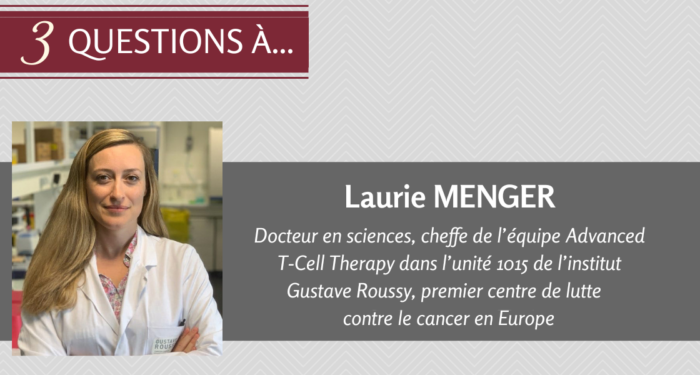Jean-Jacques Salomon begins here by stating that the sequencing of the human genome, far from being an endeavour for human welfare, is the subject of a bitter competition, in particular, between public and private sector interests, and that its mapping reflects the geography of power…
Thus, the primary question according to him is whether the human genome is part of the common legacy of humanity (and constitutes a public good) or whether it can be, as is already the case today, privately appropriated and therefore sooner or later, become tradable.
The author subsequently stresses that the human genome cannot be understood as being identical and common to all humans, i.e. the genome of universal man, the average genome. On the contrary, quoting Richard Horton, he shows that the “practical interest of the human genome lies not so much in its actual sequence itself as in the genetic variations between individuals”.
Finally, opposing all forms of genetic determinism, Jean-Jacques Salomon reminds us that human beings are not made up of genes that totally predetermine them, but that they also are the product of a social and cultural environment and that any theory explaining human behaviour through strictly physical and chemical factors is an aberration.
La quête du Graal et du génome humain
Cet article fait partie de la revue Futuribles n° 266, juil.-août 2001


